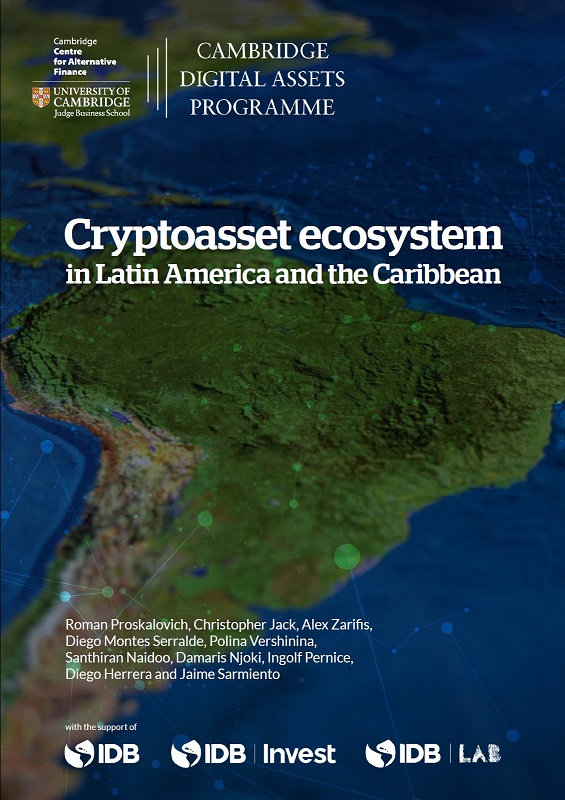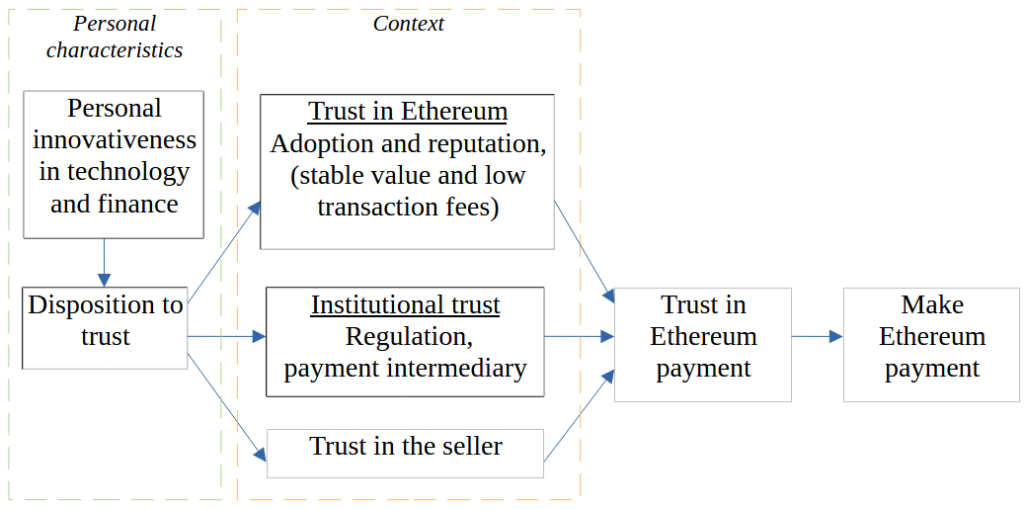Please sign this petition for the editor to credit me for my work, by replying to this post or sending me a private message. This is a short overview of what happened to the best of my understanding:
I was given the task by a lecturer of UCLAN I had worked with in the past (I hired her for her first academic job) to turn a good student dissertation into a research paper. I am often given the task of turning research into a paper because my first language is English and I have a decent record at getting papers published.
It took many hours to turn it into a paper, I identified the most valuable parts and wrote several sections of the final paper. For example I strengthened the link to trust which is my specialist subject. The paper was published in a journal in 2018. The first author credited on the paper is the student, then the two supervisors from UCLAN and lastly me. I have an email from one of the co-authors from UCLAN expressing her gratitude for the publication and stating that based on the work I did, my name should not have been last on the list but further up.
In 2020 I came across the same paper published in a different journal, without my name as co-author. I contacted the editor and told him the paper is already published and not retracted when it was published a second time. Based on the ethics guidelines of the journal there were two options available to the editor as I understand it:
a) Based on the ethics guidelines of the journal, credit the author that was left out as he has the best evidence imaginable that he is a co-author, and the corresponding author belatedly acknowledged he should be credited. (I also have several emails, drafts etc. as evidence)
b) Based on the ethics guidelines of the journal, retract the paper the editor published in his journal because it was published before and not retracted.
He did not act on the evidence that the paper is already published, waited for the corresponding author to retract the original paper and then said he could not take into account the original version, despite it being published at the time it was published again, and only retracted when the co-author left out, used it as evidence. (the original paper has already been cited several times and is still widely available)
I contacted the corresponding author from UCLAN and he said in writing (I have the email) that he would ask the editor to add me and if the editor did not agree he would add me as co-author on another paper to make up for the mistake. Neither happened.
I have several emails, drafts and a published paper, that was not retracted when it was published a second time, that has been cited several times, proving irrefutably I am a co-author of that paper.
Neither the editor, the publisher or the co-authors have taken action to correct this. The action that has been taken so far is for some people to contact my work to try to make my life harder.
Please sign this petition for the editor to credit me for my work. You can sign the petition by replying to this article or sending me a private message with your name and if you want your affiliation.
Evidence
I provide here a small subset of the evidence, the papers that cite the original publication with me as co-author. If anyone wants to see the emails that prove everything I have said, I can show them.
Here is the citation of the original paper:
Michael P., Dimitriou S., Glyptis L. & Zarifis A. (2018) ‘e-Government implementation challenges in developing countries: The project manager’s perspective’, International Journal of Public Administration and Management Research (IJPAMR), vol.4, no.3, pp.1-17. Available from: http://www.rcmss.com/index.php/ijpamr
The original publication was published and not retracted for over two years before this:
‘Glyptis L., Christofi M., Vrontis D., Del Giudice M., Dimitriou S, Michael P. (2020) ‘E-Government implementation challenges in small countries: The project manager’s perspective’, Technological Forecasting and Social Change’
Here are some people that cited the original paper with me as a co-author:
An e-government implementation framework: A developing country case study A Apleni, H Smuts – Responsible Design, Implementation and Use of …, 2020 – Springer The implementation of Information and Communication Technology (ICT) is seen globally as a means to efficient and effective delivery of business and organisational mandates …
The role of political will in enhancing e-government: An empirical case in Indonesia SY Defitri – Probl. Perspect. Manag, 2022 – businessperspectives.org E-government is an issue that is widely discussed by several studies because it has an impact on improving government performance. Weak political will of the heads of state and …
Quality Evaluation of E-Government Services–The Case of Albania R Keco, I Tomorri, K Tomorri – Transylvanian Review of Administrative …, 2023 – rtsa.ro QUALITY EVALUATION OF E-GOVERNMENT SERVICES – THE CASE OF ALBANIA Remzi KECO Ilir TOMORRI Kejsi TOMORRI Page 1 20 Abstract Albania has passed a period of three …
Analysis of Information System Audit Using Control Objectives for Information and Related Technology 5 Framework on Permata Hebat Application MS Muryantoro, DA Efrilianda – Journal of Advances in …, 2023 – journal.unnes.ac.id Permata Hebat application is an application created as a service to develop micro businesses among housewifes in Semarang City. However, to fulfill this expectation, of …
Challenges in E-governments: A case study-based on Iraq NA Jasim, EM Hameed, SA Jasim – IOP Conference Series …, 2021 – iopscience.iop.org An effective and competent way to deliver business and organizational mandates is via deploying Information and Communication Technology (ICT). Parts of a government’s job is …


